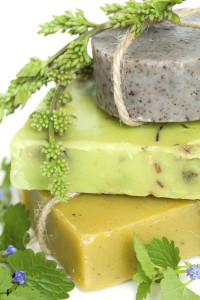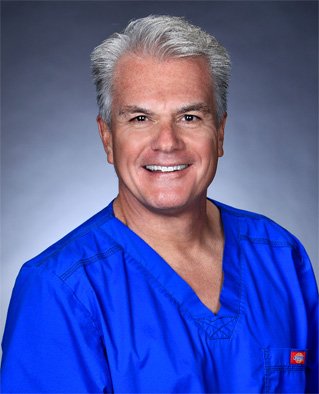 When it comes to choosing a dentist for yourself and your family, a holistic dentist can offer a great alternative to the conventional dentistry practice. Both traditional and holistic dentists are trained at the same dental schools, plus states require them to log a certain number of continuing education hours per year to maintain their license.
When it comes to choosing a dentist for yourself and your family, a holistic dentist can offer a great alternative to the conventional dentistry practice. Both traditional and holistic dentists are trained at the same dental schools, plus states require them to log a certain number of continuing education hours per year to maintain their license.
Holistic Dentist vs. Regular Dentist
However, traditional dentistry is based on exploring relationships between stratified areas of the human physiology, like the craniomaxillofacial complex (consisting of the teeth, gums, tongue, jaw, and face) and the rest of the body. The practice relies on the understanding of a wide range of medical and dental studies in areas covering nutrition, chemistry, and so much more, in order to determine the patient’s predisposition to dental conditions.
Although the traditional and holistic approach to dentistry seek to reveal the connection between good oral health and general well-being, holistic dentistry assumes a more overall approach to oral health. Dentists who embrace the holistic approach seek advanced training to expand their knowledge of alternative dentistry techniques.
So, what should you expect from a holistic dentist?
1. A holistic approach to treatment.
As the name suggests, the holistic approach to dentistry involves more than just administration of the treatment. The holistic dentist goes beyond, advising and educating patients on the many ways that dentistry can influence or be influenced by their overall health. For instance, they are informed of the links between oral conditions like tooth decay and gum disease and pregnancy, diabetes, and cardiovascular health. The holistic dentist may also touch on physical, nutritional, and environmental elements that influence your life.
2. The rejection of the use of mercury-based or amalgam fillings.
This is one of the key attributes that defines a holistic dentist, because they believe that the mercury contained in amalgam fillings is detrimental to their health. As such, holistic dentists recommend the use of white fillings instead of mercury fillings. White fillings are made from composite material, which is not only safer, but also less visible in the mouth.
3. The use/testing of bio-compatible dental materials.
The holistic practice makes use of bio-compatible dental materials that are tested for possible reactions before the treatment is administered. In other words, holistic dentists don’t have a favorite composite material; instead, they test each possible filling material depending on the health status and history of the patient.
4. They use techniques that preserve as much of the tooth as possible.
Natural or holistic dentists try to avoid drilling practices. For instance, when a patient requires a filling, they ensure that much of the tooth is left intact before using a non-toxic filling material. They avoid procedures like dental crowns that involve the removal of much of the tooth, and instead use inlays for cavities. They also rarely recommend root canals or wisdom teeth removal, unless it is absolutely necessary.
5. They don’t offer fluoride treatments.
Holistic dentists believe that fluoride reduces a child’s IQ, weakens bones and increases the risk of fractures, leads to white spots on teeth, and harms the thyroid. So, they are completely against the use of fluoride for children.
There are many other things that holistic dentists do differently from regular dentists, which make them a great alternative for people who do not agree with processes regarded as standard in modern dentistry.
 Dr. David Villarreal is a holistic dentist practicing in Newbury Park, offering popular services such as amalgam filling removal, holistic dental cleanings, and much more. Contact his office today to schedule an appointment with a certified holistic dentist in Ventura County.
Dr. David Villarreal is a holistic dentist practicing in Newbury Park, offering popular services such as amalgam filling removal, holistic dental cleanings, and much more. Contact his office today to schedule an appointment with a certified holistic dentist in Ventura County.
